Covid: Learning abroad in pandemic invaluable, say students
- Published
Students say they felt "more confident" after studying abroad
"I've grown so much more in confidence and I've met so many amazing people abroad."
For Elin Griffiths, 22, studying in France and Spain during the pandemic under the EU's Erasmus programme was "challenging" but invaluable.
The UK left that scheme following Brexit.
A £65m Welsh government education exchange programme called Taith is launching on Wednesday, which aims to provide similar opportunities.
Elin, a Cardiff University modern languages student, moved to Paris in October 2020 to work in a school. That was a week before a second national lockdown was announced in France.
Those restrictions stayed in place for six months, which meant bars and restaurants were closed.
She said: "It was challenging to move abroad in a pandemic, but I had so many opportunities that maybe I wouldn't have had if life was normal."
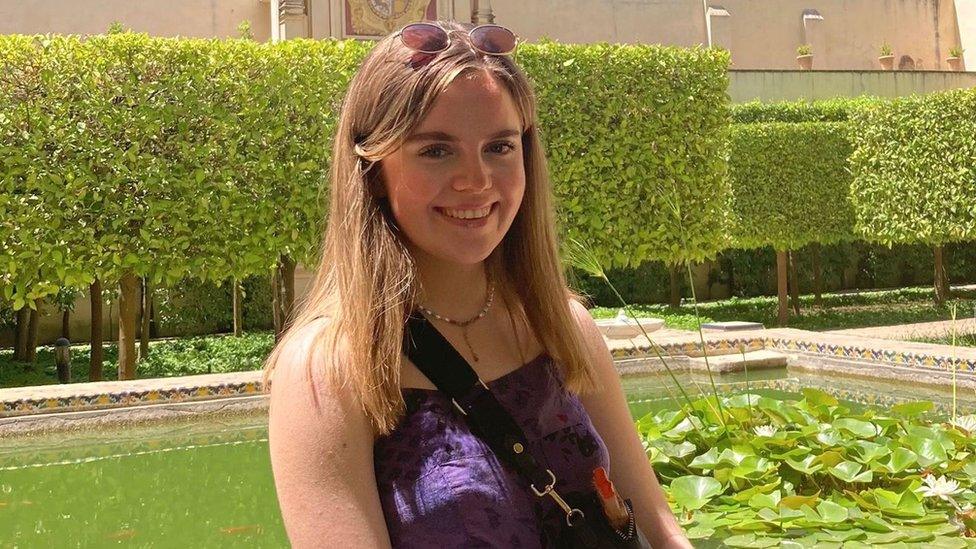
It's hoped Taith will offer similar opportunities as Erasmus, which Elin Griffiths used
In her second placement, in Spain, she worked for Sevilla Football Club for three months.
The student, from Llanfairpwllgwyngyll, Anglesey, said there were a number of benefits to working abroad.
'So many personal advantages as well'
She said: "It's inevitable if you're immersed in a different society your language skills are going to improve, your academic skills are going to improve.
"But at the same time there are so many personal advantages as well."
Welsh universities, colleges, and schools are already eligible to take part in the UK government's Turing programme, launched in 2021.
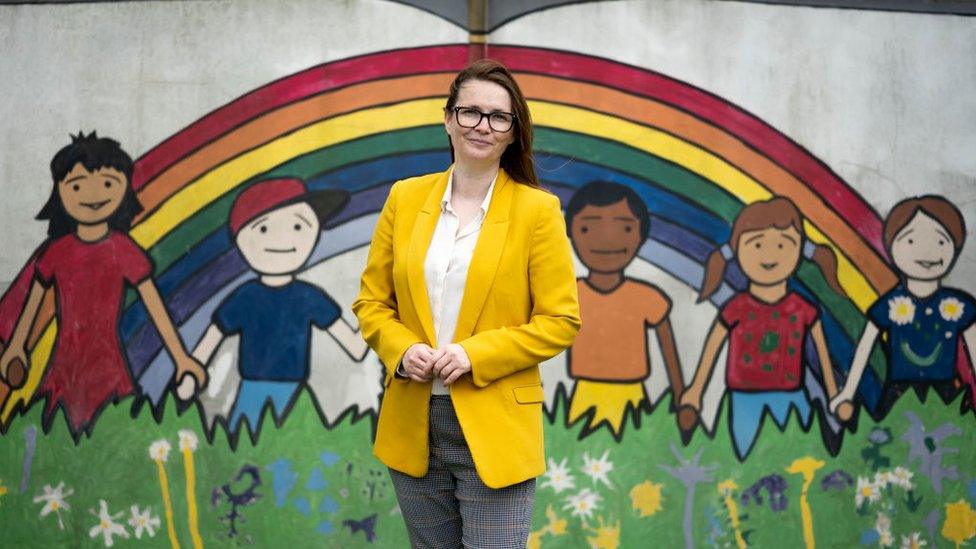
Taith chair Kirsty Williams dubbed it "wide-ranging and inclusive"
But it is claimed Taith, which is Welsh for journey, will help build Wales' international profile.
Over four years the aim is for 15,000 students and staff from Wales to travel overseas, and for 10,000 in turn to work or study in Wales.
It's billed as offering life-changing opportunities for people from universities, colleges, schools, youth groups and others involved in education.
Kirsty Williams, the Taith advisory board chair, and a former Welsh education minister, called it a "wide-ranging and inclusive scheme."
She said: "It will have a reciprocal arrangement, which is not available under Turing, meaning that people from other countries will be able to come to Wales."
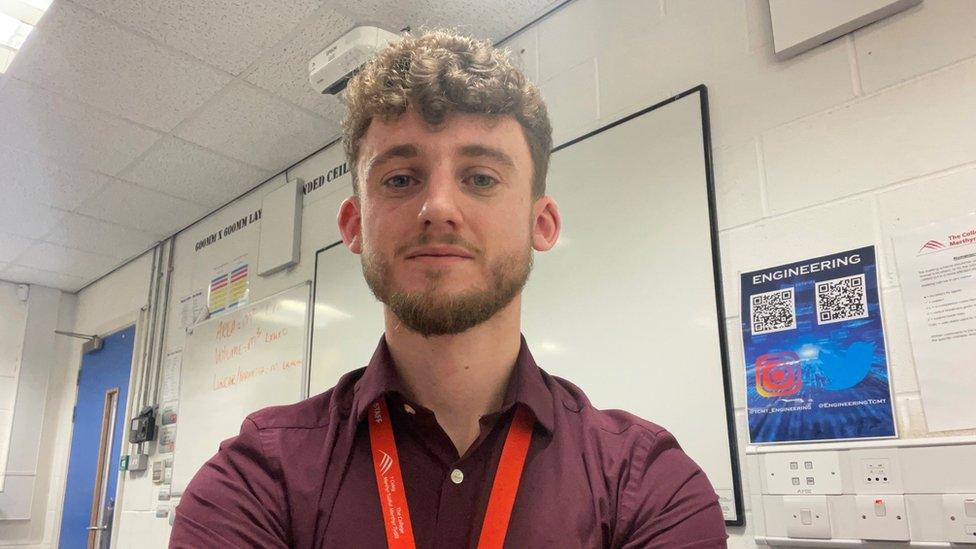
Engineering lecturer Brandon Jones will be encouraging his students to work abroad
In the past, she said, there were hidden costs which meant some were put off taking part.
"Our job is to make sure those barriers are removed as much as possible," she said.
Applications for the new scheme open in March with exchanges due to start in September 2022.
'It's great seeing how different people work'
Brandon Jones was a Merthyr Tydfil College student when he went on a two-week work placement at a construction company in Germany in 2017.
"It's great seeing how different people work in different countries and how you can communicate with them," he said.
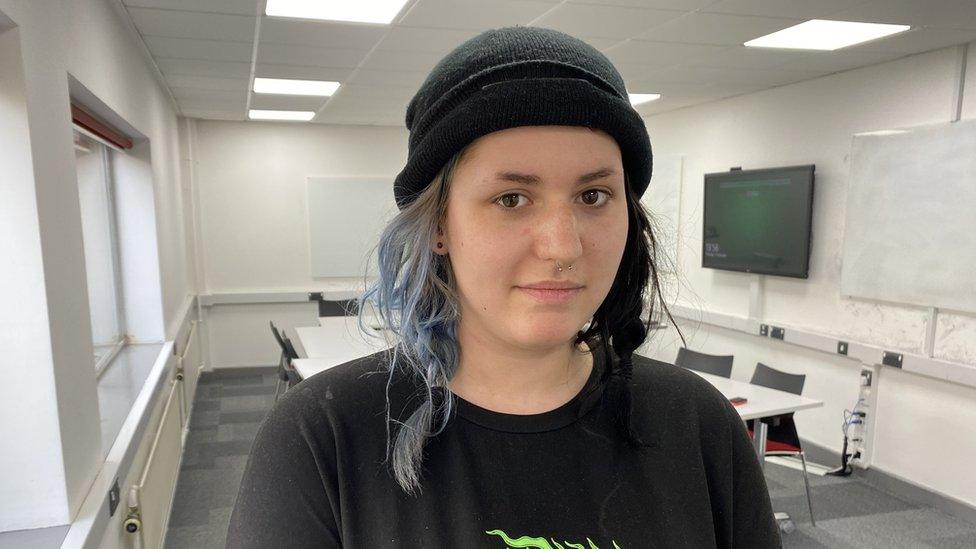
Charlie Brown is looking forward to studying in Cologne and Florence
Now a new engineering lecturer at the college, his students have not yet been able to travel.
When they can he will tell them it is "not an opportunity to miss".
Charlie Brown, a German and Italian student at Cardiff University, is looking forward to spending her year abroad at universities in Cologne and Florence.
The 19-year-old, originally from Yorkshire, said there had been uncertainty about how it would work after Brexit.
She said: "Hopefully the new scheme will help us get some certainty about how our year abroad will work and make the whole things less stressful.
"Because at the moment it's putting a lot of strain on us as students."
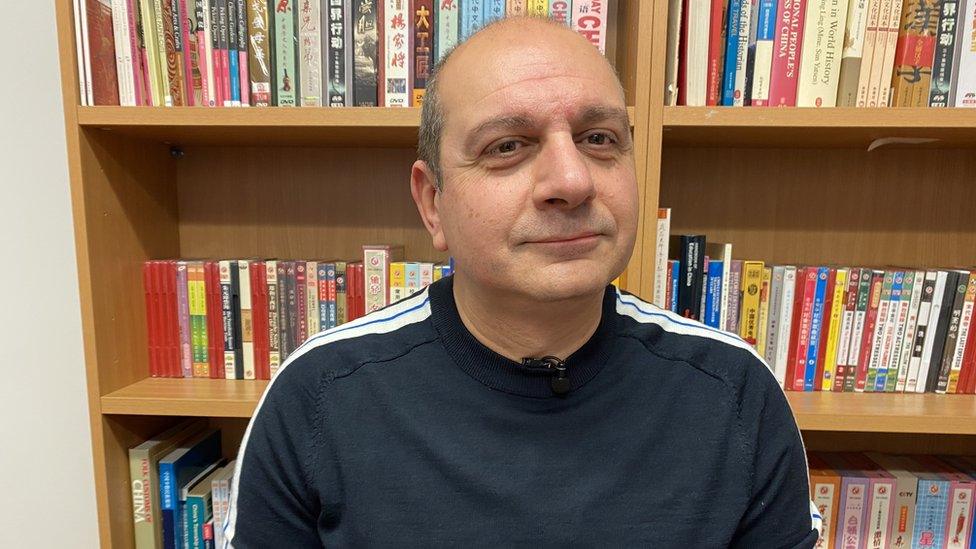
Cardiff University Italian lecturer Dr Angelo Silvestri said students would benefit from the Taith and Turing schemes
Italian lecturer Dr Angelo Silvestri, who oversees students' time abroad for Cardiff University, welcomed the new scheme and said students and staff in Wales would benefit from Taith and Turing.
It was a "good opportunity for Wales to expand its already existing global profile," he said.
But he warned placements abroad were more complicated since leaving the EU because some needed visas which could be costly and difficult to arrange.

THE TUCKERS ARE BACK: They might not always be on the right side of the law, but who's telling?
LOVE LETTER TO WRESTLING: The best there is, the best there was, the best there ever will be

- Published12 March 2021

- Published2 March 2021

- Published25 November 2021
